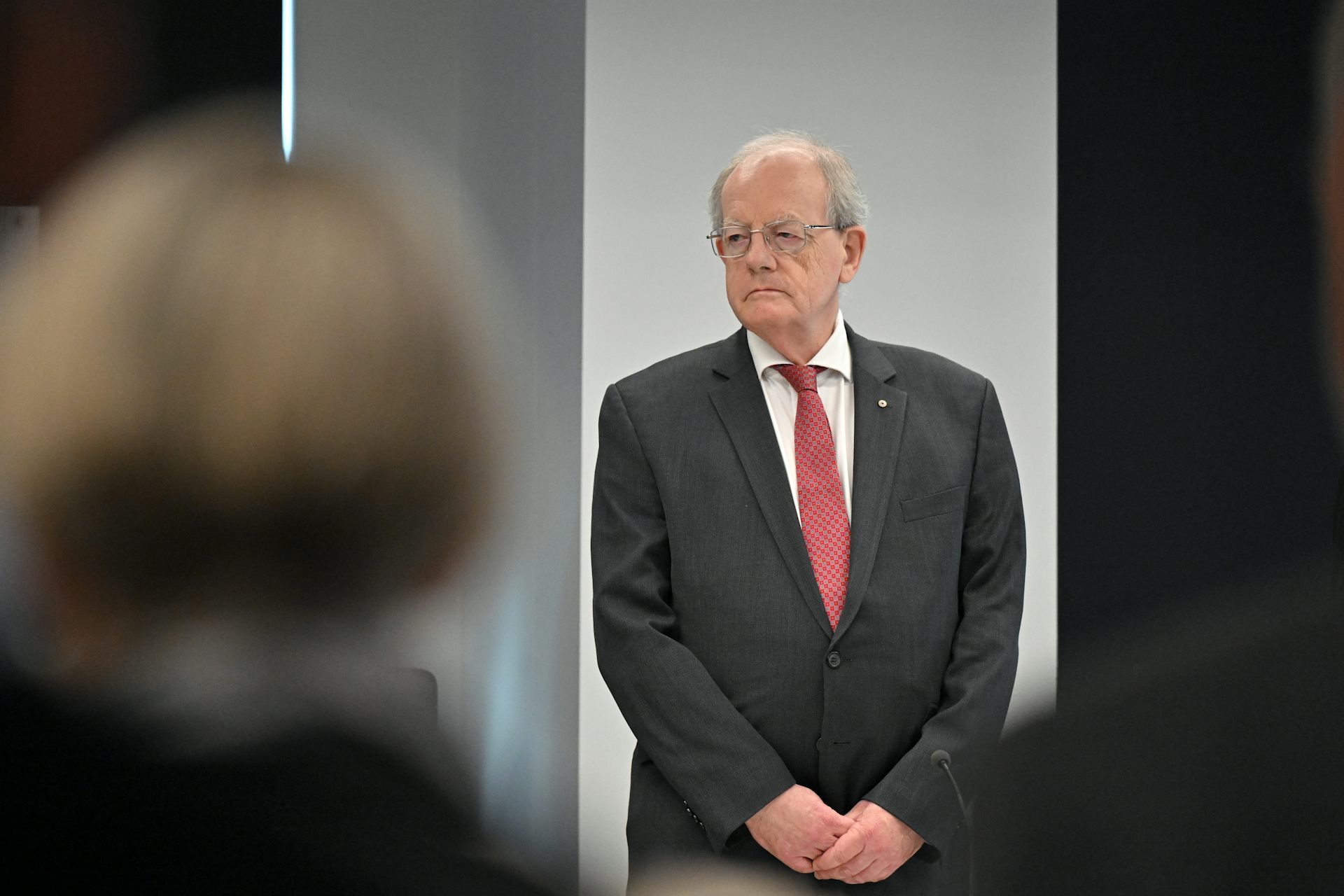
The head of the National Anti-Corruption Commission. Paul Brereton, has rejected calls he resign after a finding of “officer misconduct”, declaring to do so would harm the NACC.
In a spirited defence of his digging in, Brereton argued if he was to be “deterred from discharging my duties by adverse publicity, the important independence if the commission would be undermined.
“It would be a statement that our yardstick should be popularity, not integrity.
“It would say that we should avoid making difficult decisions, lest they be unpopular.
“From there it is a short path to becoming an architect of oppression and vehicle of vengeance, rather than an instrument of integrity.”
Brereton was found by the Inspector of the NACC to have committed “officer misconduct” because he only partially, rather than adequately, excused himself during the NACC’s consideration of whether the body should investigate six people the royal commission into Robodebt referred to it.
He delegated the actual decision-making in the matter to a deputy commissioner because he had had a professional relationship with one of the people, but he took part extensively in the process of consideration.
Whether there should be an investigation into the conduct of the six is now to be reconsidered by an independent person to be appointed by the NACC.
Brereton said that after the “stinging finding” by the Inspector, some had called for his resignation, while one commentator even posted that it was ‘revolver in the library time’, which was “liked” by 1700 followers.
Brereton’s detailed defence of his actions comes ahead of a meeting this month of the parliamentary committee with oversight of the NACC.
Speaking to the National Public Sector Governance Forum, he explained why he had remained involved in the process when the Robodebt matter was being considered.
He accepted his judgement had been found to be mistaken when viewed through the legal prism of “apprehended bias” but said “the legal lens is not the only one”.
He said the referrals were received in the first week of the NACC’s operation, when it was just establishing its processes, policies and procedures, including the scope of its jurisdiction and the meaning of “corrupt conduct” under its act.
“I considered that it would have been irresponsible and negligent to abandon any involvement, to provide no guidance on these issues.”
In the circumstances he considered “an appropriate balance” could be achieved by delegating the decision to a deputy commissioner and excusing himself when it was made, while continuing to provide input on issues of general application.
“There was a balance to be struck between my responsibility as a leader for managing the affairs of the commission and issues that would have lasting implications for it on the one hand, and avoiding the perception that my prior professional relationship with one of the referred persons might influence the decision on the other.”
He accepted he had got the balance wrong.
Brereton said the NACC had amended its conflict of interest provision so a person with a declared conflict who wasn’t the ultimate decision-maker did not take part in the process.

